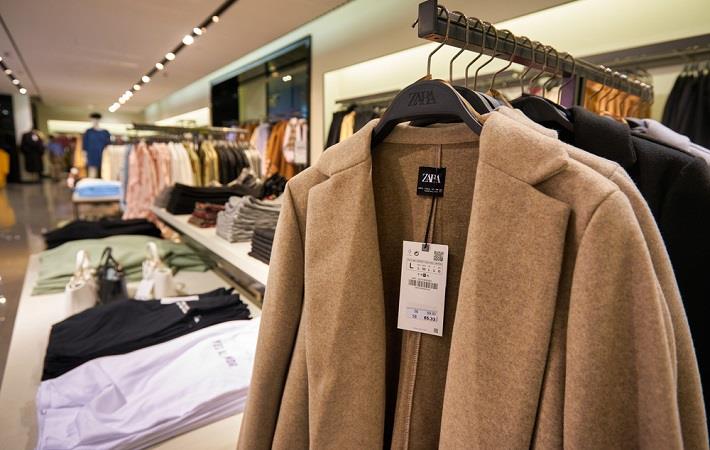
The report Weaving a Better Future: Rebuilding a More Sustainable Fashion Industry After COVID-19 paints a bleak picture of what the fashion industry is facing in a post-crisis world, noting the unprecedented challenges that have arisen from the crisis, including that fashion and luxury together are the most negatively impacted of all consumer goods and services, after travel and tourism.
From March to April, sales decreased by 60 to 70 per cent in the worldwide fashion and luxury industry – with foot traffic in retail and recreation stores down by 44 per cent in the US, 52 per cent in Germany, 78 per cent in India and 59 per cent in Brazil, says the report jointly released by the Boston Consulting Group (BCG), the Sustainable Apparel Coalition (SAC) and technology company Higg Co.
The report offers four actions that must be taken to avoid backsliding on progress and to actively prepare for a changing industry:
Protect critical assets to survive the economic crisis: Fashion companies must safeguard workers, employees, capital, value chain partnerships, channels, and the trust and support of their customers. This moment is an opportunity to remove unnecessary complexity and costs, in order to prepare for reinvestment.
Solve immediate inventory challenges in partnership with suppliers: Leaders will recognise the importance of open dialogue and constructive partnership across the value chain in order to find shared solutions for protecting worker livelihood and sustaining trust. Cancellation of completed orders will be a measure of last resort, while cancellation without consultation or collaboration will be an unacceptable practice.
Integrate sustainability throughout business recovery strategies: Sustainability will be an imperative for strong companies after the crisis. Leaders will make sustainability central to post-pandemic decisionmaking, while laggards will view sustainability as an effort to resume once convenient.
Accelerate transparency while increasing sustainability ambitions: Companies must take advantage of digitalisation, innovative business models, and end-to-end solutions – with transparency playing a central role – in order to assess and demonstrate positive environmental and social impact to stakeholders.
“The pandemic has forced all of us to take a step back and reset our priorities. One key takeaway is that a new transparent model that showcases verified sustainable practices will have an edge over other traditional business models,” said Sanjeev Bahl, founder and chief executive of Saitex, a leading sustainable denim manufacturer.
“This is a moment of truth for fashion industry players,” said Javier Seara, BCG managing director and partner and global Leader, Fashion & Luxury Sector. "Companies will need to change and are already changing their businesses (every day) to adapt to the new reality. Relentlessly incorporating sustainability practices into these changes will be the critical factor that separates winners from idlers.”
Further back in the global supply chain, a survey of over 500 manufacturing facilities across all main production regions conducted by the SAC and Higg Co in April, shows 86 per cent of all facilities have been impacted by cancelled or suspended orders. As a direct consequence, 40 per cent now struggle with paying employees, leading to layoffs and factory closures.
However, it also takes a more optimistic stance on the possibilities that exist to integrate sustainability efforts into core business strategy as the industry rebuilds following the pandemic, suggesting that those who maintain commitments to supply chain partners, proactively keep an open dialogue and collaborate on solutions will benefit from deeper trust from consumers and value chain partners alike.
Fibre2Fashion News Desk (RKS)